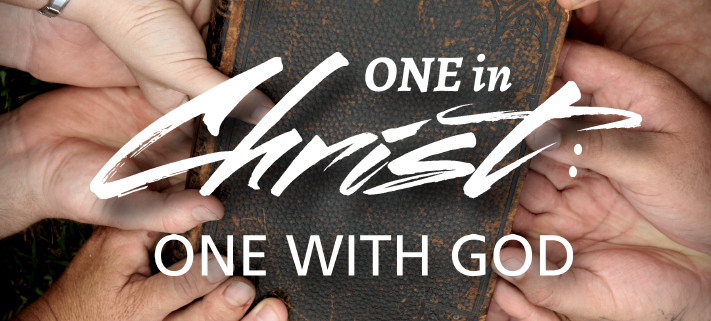Great stories of the Bible: Ruth: Part 6
Ruth
Joel S. Heckendorf
It’s fun to dream about the future. Where will you live ten years from now? Where will your kids live? Will you be a grandparent?
Perhaps Naomi’s dreams reflected the meaning of her name—“pleasant.” She’d fall in love. Get married. Have sons to take care of her in her old age. Her sons would find some nice Jewish spouses. She’d be a grandma, and they’d live happily ever after.
What was reality? The book of Ruth tells us. Naomi falls in love and marries. She’s blessed with two sons. But then famine forces the family to move to a foreign land. Her husband dies. Her sons marry foreign women. Tragedy strikes again. Both sons die. Naomi is stuck in a foreign country with no husband, no legal heirs, and two daughters-in-law that are not bound to her. She laments, “Don’t call me ‘Pleasant’ anymore. Call me ‘Bitter’ ” (cf. Ruth 1:20).
Fast-forward and you soon learn that our God is not a God of percentages. Against all odds, Naomi’s daughter-in-law, Ruth, accompanies her to Bethlehem and becomes a believer in the true God. Against all odds, a God-fearing Israelite, Boaz, buys Naomi’s land for a generous price. Against all odds, Boaz marries Ruth, and they have a son who would be the legal heir of Naomi’s late husband, assuring that she’d be taken care of in her old age.
When the local ladies saw Naomi bouncing her grandbaby on her lap, they preached a wonderful sermon, “Praise the Lord, Naomi. The Lord has not left you” (cf. Ruth 4:14). When famine drove Naomi to a foreign land, God didn’t say, “I stop at the border.” When Naomi’s husband and sons died, God did not forget her.
That boy on Naomi’s lap was God’s testimony that the Lord never stopped working. That boy would also be God’s promise that he wouldn’t stop working in the future. Twenty-eight generations later, that boy would have a descendant named Jesus.
Naomi’s life is not unique. Look back on your life. We’ve had our famines and our funerals. But God was working, wasn’t he? He worked to help you trust his promises in every setback and tragedy. You may even remember how God seemingly miraculously provided you with a month’s mortgage or next month’s tuition.
So where will you live ten years from now? Where will your kids live? Will you be a grandparent? Whether the picture you imagine ever fully develops, I can’t tell you.
But this I can say with certainty, “The Lord never stops working.”
Exploring the Word
1. Tell the story in your own words. Then read the account. Which details did you omit or mistakenly add?
Answers will vary. If studying in a group, split up into smaller groups and see how many different details are included in the exercise. Why do you think some details made every list and other details didn’t make any lists?
2. Why do you think this story is one of the most popular stories included in children’s Bibles?
This story has so many emotional “hooks.” Three widows, a faithful daughter-in-law, a love story, a happy ending. All play into this account’s popularity.
3. Work through the mental exercise described in the article. Think of situations where God never stopped working and turned you from “bitter” to “blessed.”
Answers will vary. Relating our story to Naomi’s story helps us appreciate and trust God’s providence.
4. List as many passages as you can that demonstrate how God continues to work in our lives.
Answers will vary. Examples include Romans 8:28; Jeremiah 29:11; Psalm 50:15; and 1 Corinthians 10:13.
Contributing editor Joel Heckendorf is pastor at Immanuel, Greenville, Wisconsin.
This is the sixth article in a ten-part series on the top ten stories included in children’s Bibles and how they apply to our lives today. Find answers online after May 5.
SUBMIT YOUR STORY
Do you have a manuscript, idea, or story from your own life you’d like to share for use in Forward in Christ or on wels.net? Use our online form to share it to our editorial office for consideration.
SUBSCRIBE TO FORWARD IN CHRIST
Get inspirational stories, spiritual help, and synod news from Forward in Christ every month. Print and digital subscriptions are available from Northwestern Publishing House.
Author: Joel S. Heckendorf
Volume 103, Number 5
Issue: May 2016
Copyrighted by WELS Forward in Christ © 2021
Forward in Christ grants permission for any original article (not a reprint) to be printed for use in a WELS church, school, or organization, provided that it is distributed free and indicate Forward in Christ as the source. Images may not be reproduced except in the context of its article. Contact us






